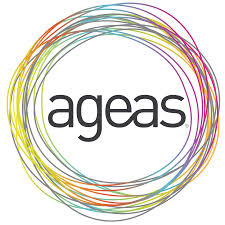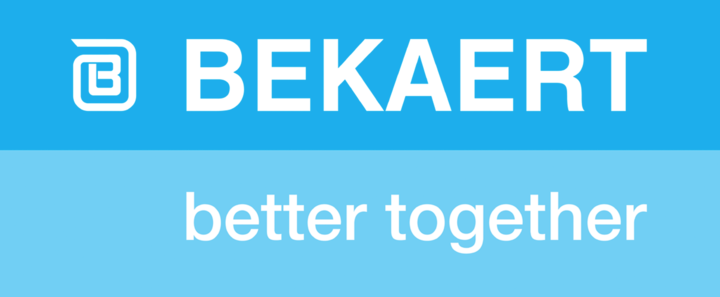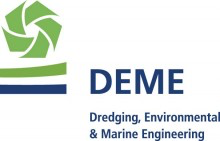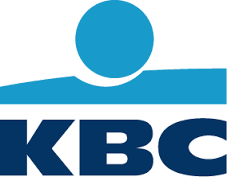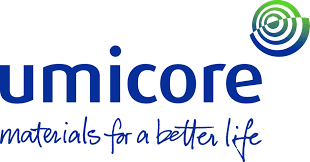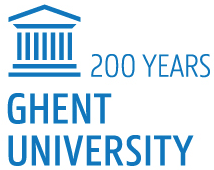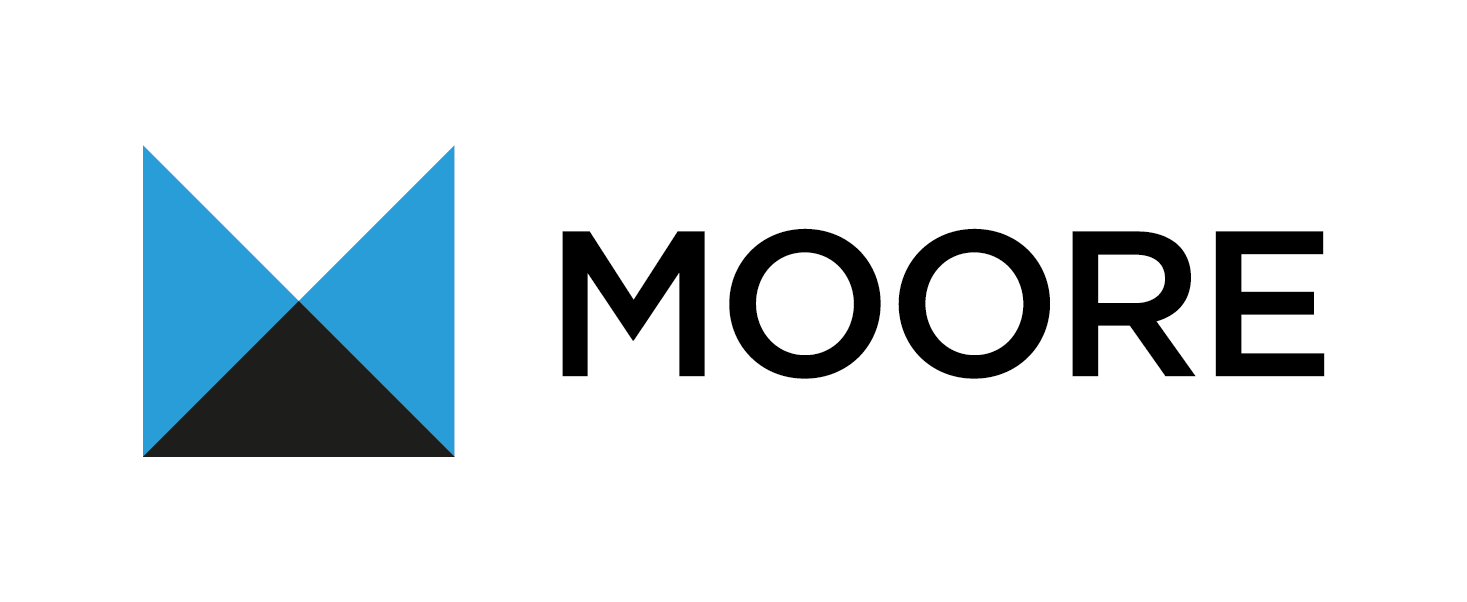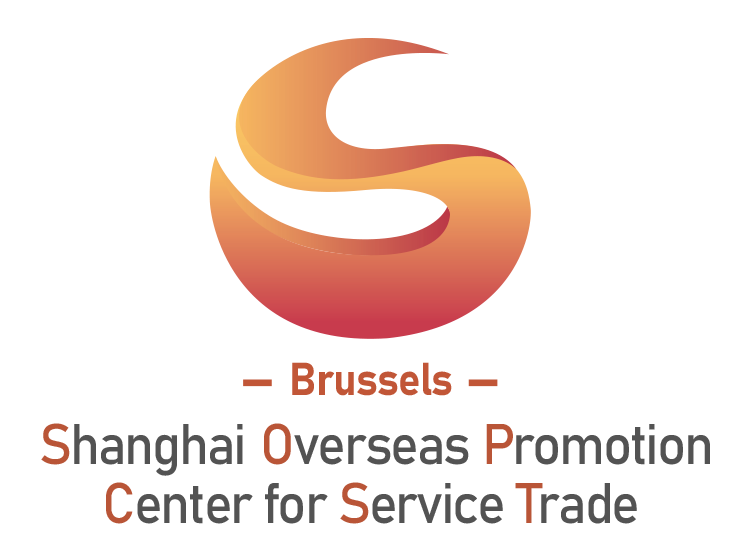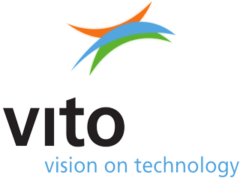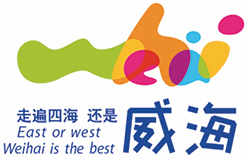The Global Times warns not to politicize the Comprehensive Agreement on Investment (CAI)
May 11, 2021 Category ![]() Foreign investment, Weekly
Foreign investment, Weekly
Cartoon published in the Global Times
The Global Times writes that after “the G7 Foreign Ministers’ meeting, the European Commission seems to have dialed down efforts to push forward its planned investment deal with China, with some media reports suggesting that EU efforts to ratify the China investment deal is on ice after sanctions.” The ratification process of the Comprehensive Agreement on Investment (CAI) cannot be separated from the evolving dynamics of the wider EU-China relationship, Miriam García Ferrer, Spokesperson of the European Commission, wrote in an e-mail to the Global Times. The prospects for the CAI’s ratification will depend on how the situation evolves, she added, referring to Chinese sanctions on members of the European Parliament and a parliamentary committee as “unacceptable and regrettable.” However, the Spokesperson did not say that the EU has halted efforts in ratifying the CAI, as EU Trade Commissioner Valdis Dombrovskis had indicated, because with the sanctions, “the environment is not conducive for ratification of the agreement.”
“However, the similar comments on the sanctions are a clear indication that the EU is still making the mistake of trying to politicize the massive investment deal,” the Global Times writes, adding that: “First and foremost, it should be noted that it is the EU that first launched sanctions against China without any reasonable reason, and China had only taken reasonable and justified countermeasures. If the EU let this political issue hijack the CAI ratification process, it would be a step further in the wrong direction.” “The statements from the EU about the ratification of the CAI also showed that some people within the bloc are trying to use China’s justified countermeasures as a reason to stop the investment deal. However, to unreasonably associate economic issues with political issues is bound to jeopardize the hard-won results,” the newspaper added.
“EU members such as France and Germany want the deal to be approved as soon as possible, and the EU is likely to approve the deal in the first half of 2022 at the latest when France takes over the rotating EU Council Presidency,” said Wang Yiwei, Director of the Institute of European Studies at Renmin University of China. German Chancellor Angela Merkel said she remained convinced that the EU-China investment deal was an “important undertaking” even as strained relations complicate the agreement’s ratification.
“Technically speaking, CAI can still be approved by the EU in the second half of the year or the first half of next year. However, the EU has to eliminate some hurdles. On the one hand, the bloc needs to unify inner voices over the issue. On the other hand, the EU needs to overcome U.S. pressure,” still according to the Global Times. Instead of politicizing the deal, the EU should take more practical actions to push forward the ratification of the deal so the agreement can be implemented soon, which is beneficial for both sides and the world economy, the Global Times concludes.
The writer of the commentary in the Global Times is Professor Jean Monnet, Chair Professor and Director of the Center for EU Studies at Renmin University of China.
The Shanghai Daily also announced that the “agreement on investment was in limbo after Brussels announced that it had suspended efforts to ratify the agreement as relations between the partners soured amid tit-for-tat sanctions.” The Shanghai Daily adds: “Dombrovskis has recognized that the CAI will struggle to secure acceptance in the European Parliament, where Social Democrats and Greens oppose it. French President Emmanuel Macron and German Chancellor Angela Merkel support the deal, but the CAI will only be ratified after Germany’s election in September, when Merkel will have stepped down. This could make a difference, particularly if the Greens are part of the next government in Berlin.”
Separately, the European Commission is considering a regulation preventing non-EU companies that receive government subsidies from investing in or acquiring European companies. Experts said that although the draft is unlikely to become law shortly, the move, nevertheless, signals the EU’s increasingly harsher posture toward China, where many companies are suspected of receiving government subsidies, including zero-interest loans and low-priced land use rights.
- KURT VANDEPUTTE (UMICORE) APPOINTED CHAIRMAN OF THE BOARD OF THE FLANDERS-CHINA CHAMBER OF COMMERCE (FCCC)
- Webinar: “Knowing Your Chinese Partner” – May 26, 2021, 10 am – 12 am
- EMA starts rolling review of CoronaVac, WHO approves Sinopharm vaccine for emergency use
- The Global Times warns not to politicize the Comprehensive Agreement on Investment (CAI)
- Hainan to become biggest duty-free market in the world



